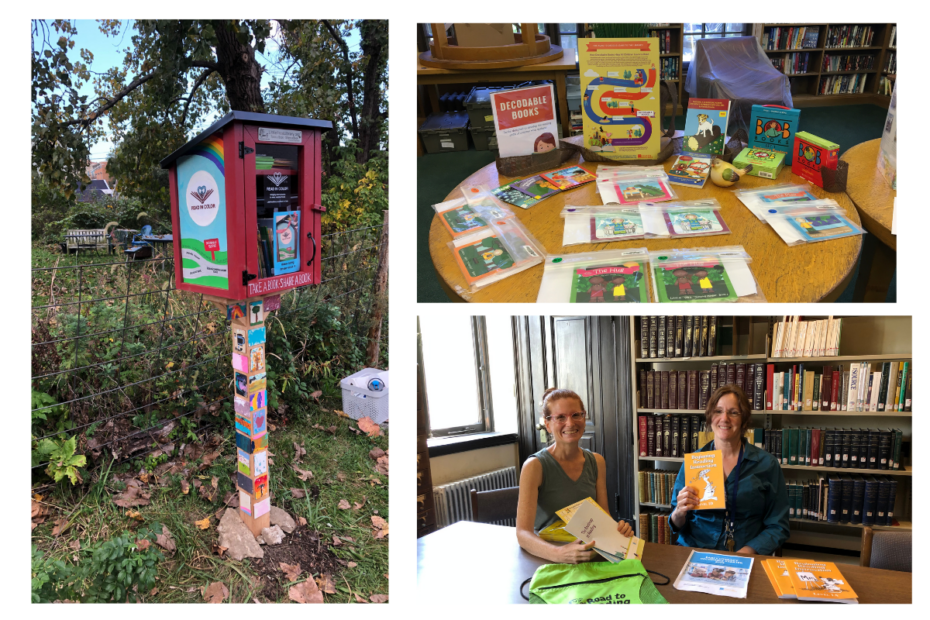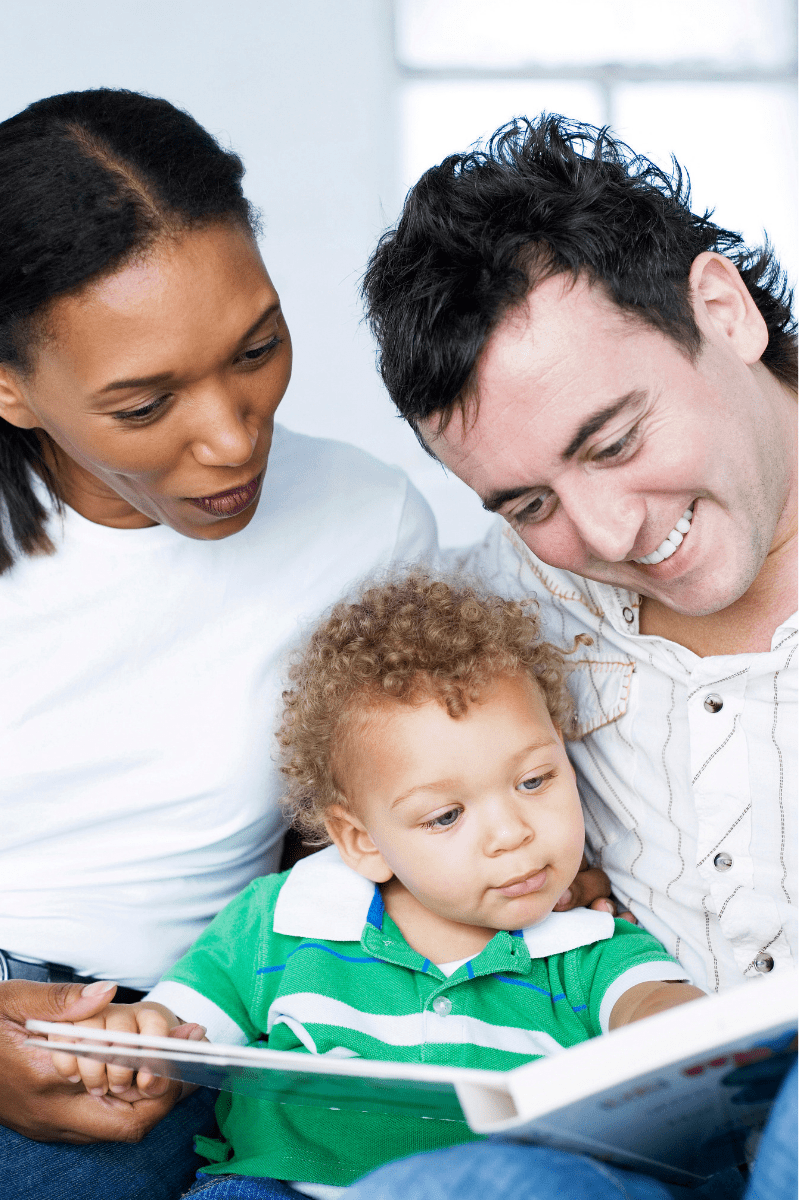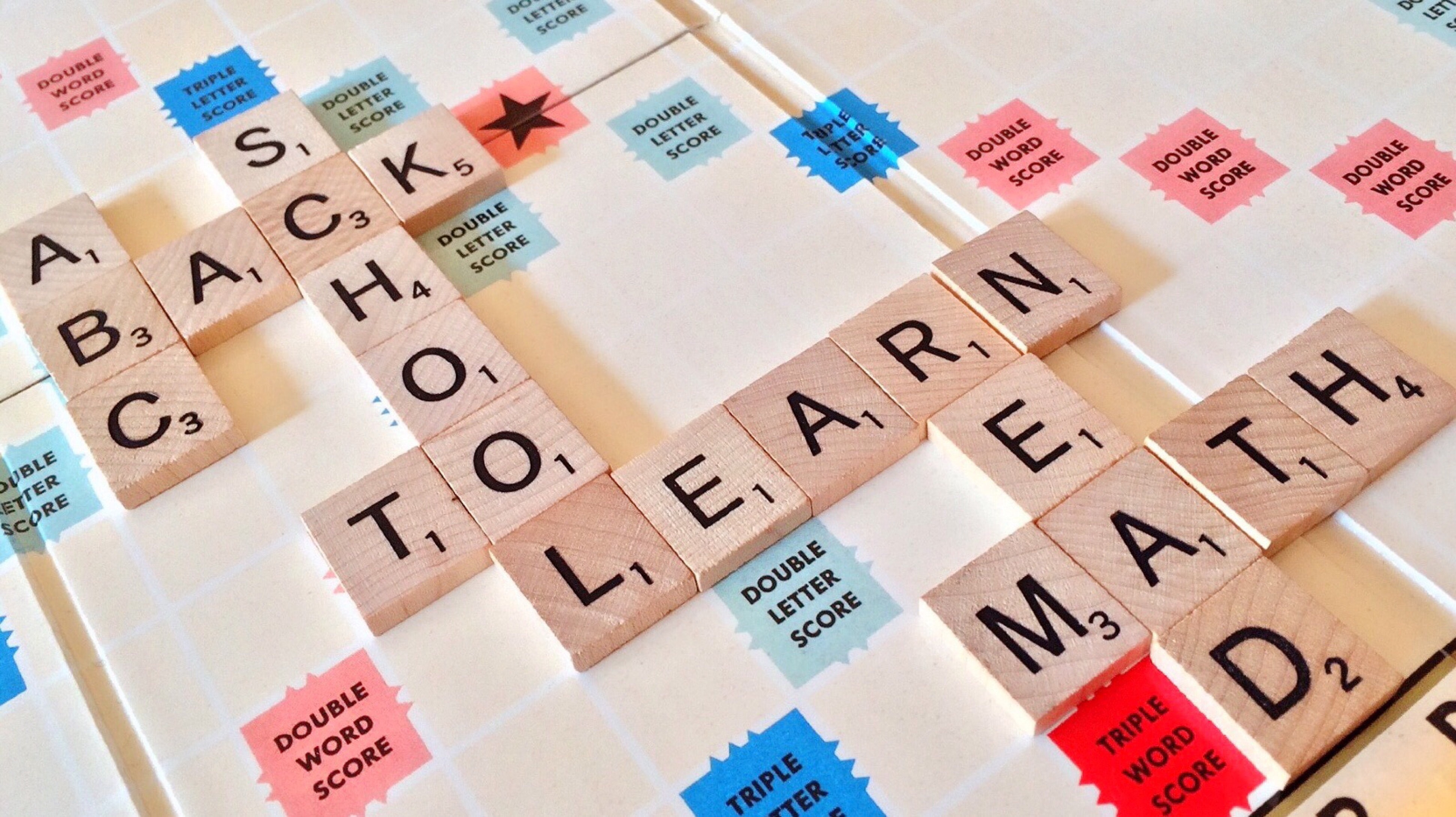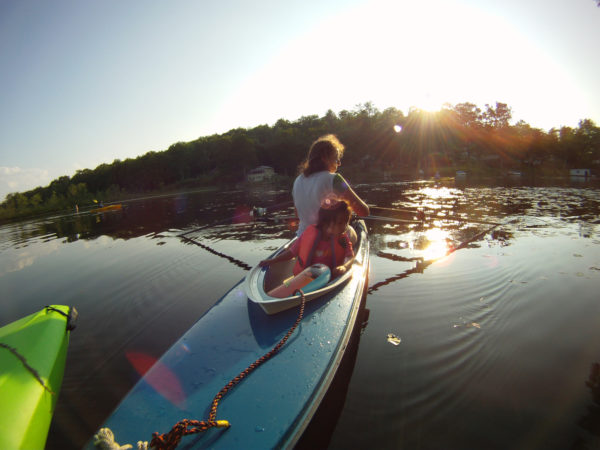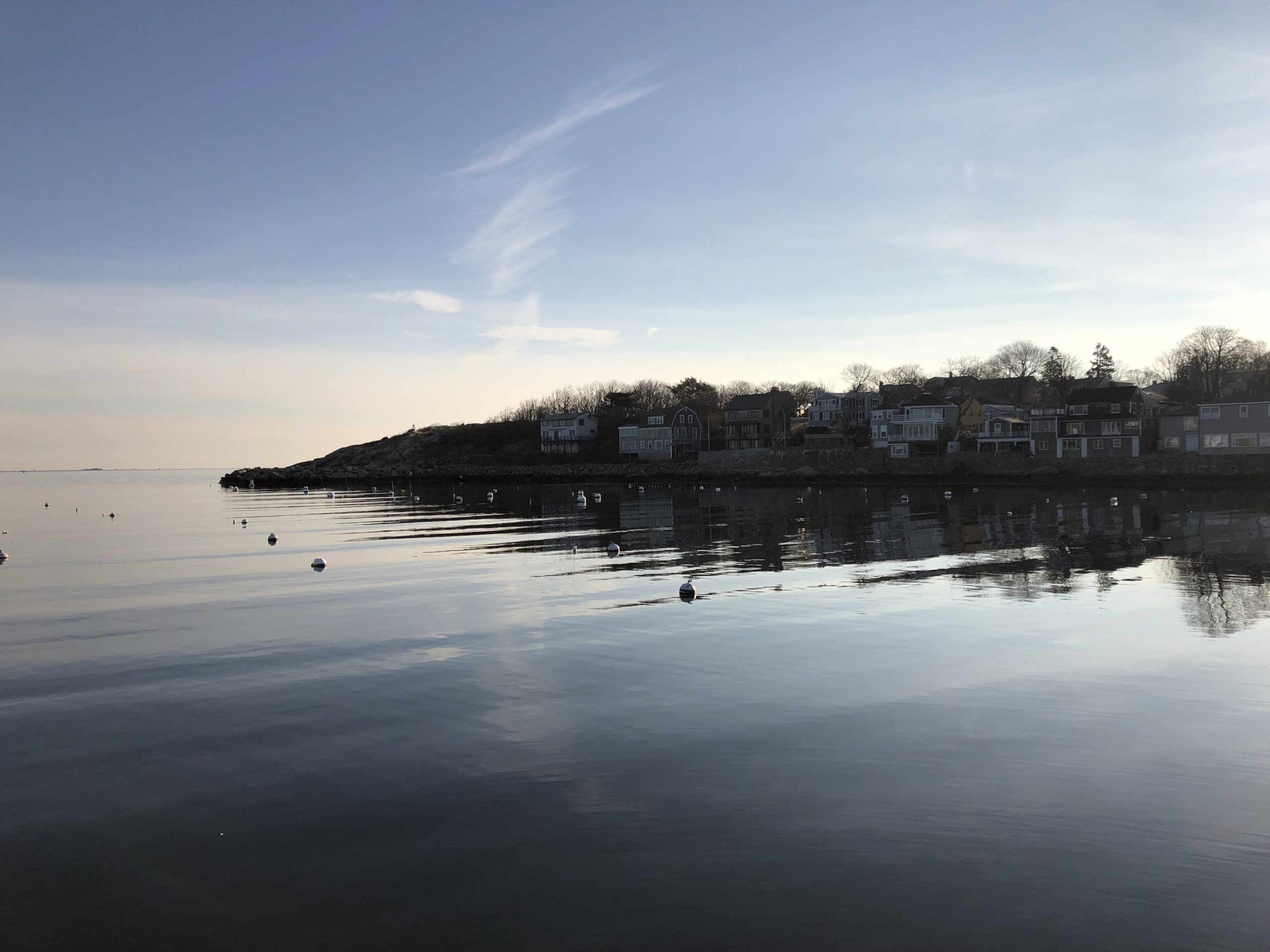About My Friend Joan
“Spike, right! I got it!” I yelled to my friend Joan. Joan slammed the ball over the net. I don’t remember whether we got the point. It doesn’t matter. I remember that I was the digger, and she was the spiker. That meant I had Joan’s back if she missed, and I was responsible for digging up the spikes from the opposing team and setting them up for a spiker like Joan. Joan and I met when we were five years old. She somehow found her way into our backyard on Harristown Road. Joan lived on Rock Road, two streets down, so she must have cut through a few backyards to find me. At first, I thought she was older. Joan was tall for her age, and I was small for my age. Hence, she grew into a spiker, and I grew into a digger—volleyball lingo. I introduced Joan to our unneutered collie, Jet, and I immediately showed Joan his “baked potatoes.” Nobody ever questioned my anatomical inaccuracies. Joan and I were in some classes together in elementary school. I don’t remember her getting pulled out, but she told me years later about all the time she spent with the reading and, I think, speech teacher. I remember adults explaining that she was “slow.” I don’t think I ever gave… | Read More »About My Friend Joan

